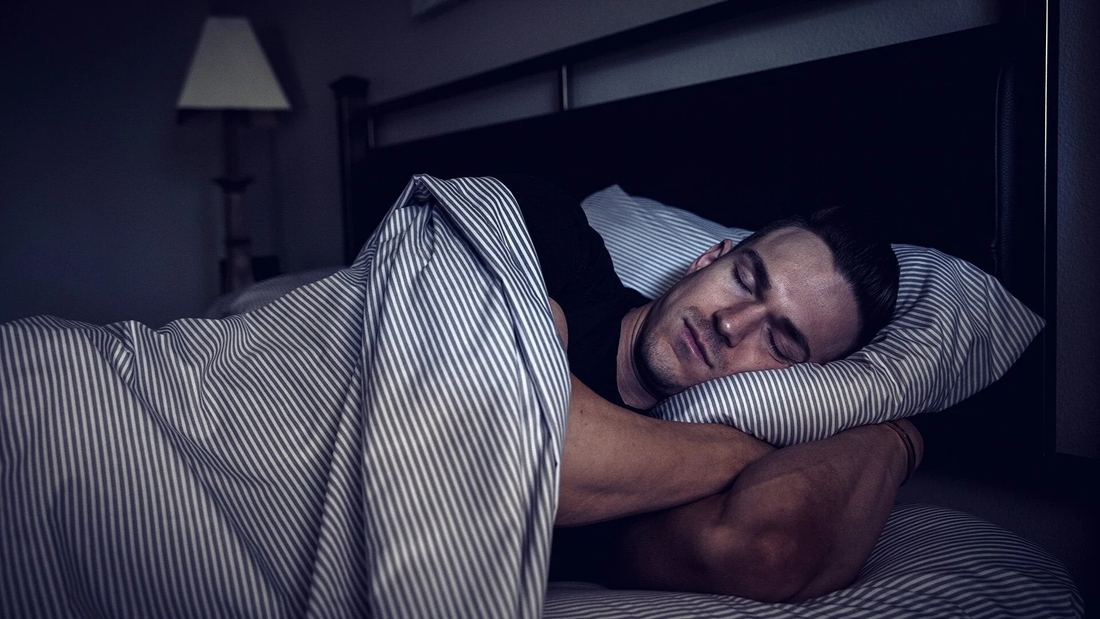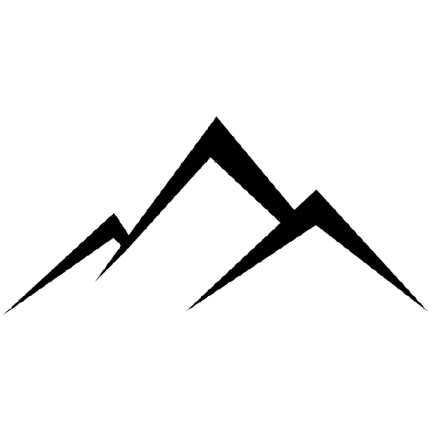
Creatine for Sleep Deprivation
Fact: Life is hectic.
Bad news: Sometimes sleep takes a backseat.
Whether you’re juggling work, study, training, or just life’s unexpected demands, you’re likely running on little sleep and feeling drained. Sound familiar?
Good news: Creatine for energy recovery might just be the boost you need! In this knowledge drop, we cover how creatine can help you when you’re sleep deprived. We’ve seriously done our homework so you don’t have to – including analysis of an academic paper on the topic (just for you science based lifters😉)!
What Happens When You Don’t Sleep Enough?
Lack of sleep messes with everything.
Not just physical fatigue – cognitive performance takes a nosedive, mental limitations kick in, and you feel like you’re dragging your feet all day. Tasks that require focus feel impossible, and you can forget going to the gym to hit that PR! Your energy levels just aren’t there.
…And long term sleep deprivation can lead to more serious health problems – weakened immune system or even chronic diseases. Don’t get us wrong: Nothing replaces proper rest, but this is where creatine supplementation and energy levels come into play.
Why Creatine is a Life Saver During Sleep Loss (A Study)
What exactly is creatine? A natural compound whose main job is to help produce energy by restoring adenosine triphosphate (ATP – basically, the fuel your cells need to function). When you’re running on empty because of a lack of sleep, creatine steps in to support healthy cognitive function. See our take on the PubMed article below to form your own answer to the question: “Does creatine help with lack of sleep?”
This right here is a study examining how creatine boosts brain function under sleep deprivation. The study involved two groups: Group 1 took creatine, whilst Group 2 took a placebo. Two tests were used – one language and one numeric – to measure how quickly participants could arrive at the correct answer when sleep deprived vs when fully rested.
In the language test, the placebo group performed 18% slower when sleep deprived, whereas the creatine group performed 11% faster under these conditions.
Similarly, in the numeric test, the placebo group was 5% slower, while the creatine group showed an impressive 18% faster performance under these conditions.
Brain scans during the study confirmed that creatine during sleep loss helped mitigate some of the negative side effects of sleep deprivation. But as always, assess all evidence and scientific literature, and arrive at your own judgement on the effects of creatine on mental fatigue.
Benefits of Creatine on Sleep Deprived Individuals
Enhanced Energy Levels – Creatine’s primary benefits stem from the scientific mechanism in which it replenishes energy levels (remember where we mentioned ATP above).
Fired Up Focus – Sleep deprivation can make concentrating feel impossible! Numerous studies have shown creatine to enhance cognitive performance.
Mitigated Mental Fatigue – As outlined in the study above, the effects of creatine include cutting through that brain fog which hits when you’re running on empty!
Peak Physical Performance – Creatine supports healthy muscle growth, whether you got your 8 hours of shut-eye, or were up all night juggling life’s surprises…
Ramped Up Recovery – Many champion creatine as supporting faster recovery, placing it as one of the best supplements for sleep deprivation overall.
4 Top Tips for Tapping Into Creatine When Tired
Want to optimise cognitive performance and creatine? Here’s what we strongly recommend in four actionable insights:
- Be Consistent
Take creatine daily. Regular use helps your body build up its creatine stores, which is what we need to see the results over time.
- Pair It with Good Habits
If you already take creatine, you may often ask yourself “Have I even taken my creatine today?”. That’s one of many reasons why we recommend habit stacking (made popular by James Clear in Atomic Habits).
Add your daily creatine to habits you already adhere to, whether it’s reducing your screen time before bed, doing a 5 minute morning yoga routine, or your other sleep deprivation recovery tips.
- Hydrate, Hydrate, Hydrate
Creatine works best when you’re hydrated – so make sure to drink plenty of water throughout the day. In fact, this is important for everyone! Not just those looking to improve focus with creatine.
- Amalgamate All Strategies
Creatine is amazing, but it’s not magic. As always, get enough sleep, and remember food supplements are intended to correct nutritional deficiencies, maintain nutrient intake, or support physiological functions. They are not medicinal products and are not intended for treatment or prevention.
Why Creatine Gummies are the Way to Go!
Creatine gummies make life easier. No more chalky powders or messy measuring. Here is why creatine gummies are our MVP:
- Delicious: Let’s be honest, supplements that taste great are superior!
- Accurate Dosing: With gummies, the daily dose is locked in. No more second guessing how much creatine really fits into that tiny scoop that comes with the tub…
- Portable: Perfect for on the go lifestyles, just chuck those gummies into your gym back and you’re good to go. Oh and no more feeling awkward taking all that white powder through the airport…
We’ve taken matters into our own hands, and engineered our blueberry creatine gummies which are so delicious, they will literally make your daily creatine unforgettable. There’s no catch – they’re zero sugar, and don’t compromise on dose: 5,000mg creatine monohydrate per serving (which is 4 mouthwatering gummies btw).
Looking for creatine gummies for better energy? Or possibly affordable creatine supplements in the UK? Look no further, and click here to capitalise today.
Conclusion
We really hope this article has outlined how creatine improves performance on low sleep and why it could be your secret weapon when life gets hectic!
If you’re ready to feel the difference yourself, check out our Summit Supplements Creatine Gummies. Learn more here.
Ever experienced a lack of sleep? Do you believe creatine is one of the best supplements for sleep deprivation? Any further questions? Let us know in the comments below:
